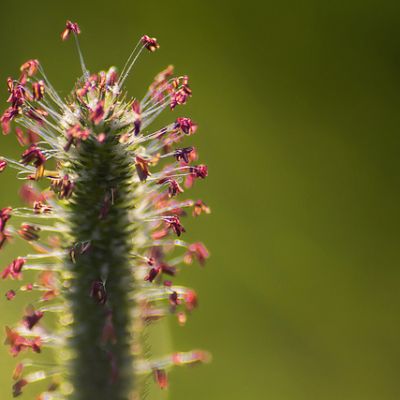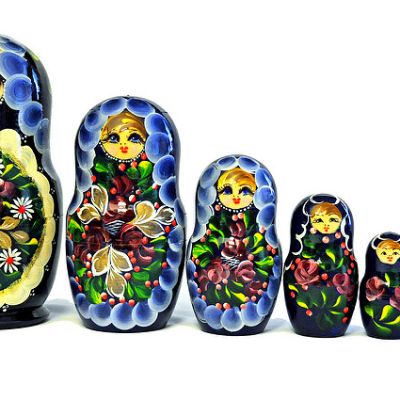Sexuality
I found The Butterfly Effect fascinating; it was wonderful to see discussions around porn without a singular lens of exploitation, and to tease out the nuances of how porn can be helpful – as in the case of those who request customs – or not
“First times” can be awkward, exhilarating, and everything in between. They come with the tentativeness of sexual exploration – of figuring out what one wants and of nervously (and excitedly) seeking it out
I am confident in my sexuality and know what I want from life. I definitely do not want to be joined at the hip with a man to feel fulfilled. But I do know what I want from a man and I can enter a relationship from a point of equality rather than subservience.
Beauty gleams in unexpected places, but its effulgence turns to tawdry glitter when it is shaped and squeezed into form-fitting frames. Rigid ideas of what is beautiful or desirable can reinforce oppressive structures. However, when these concepts are more flexible they can be subversive as well.
Bleaching syndrome is not a superficial fashion, it’s a strategy of assimilating a superior identity that reflects a deep-set belief that fair skin is better, more powerful, prettier. And it’s not limited to India; skin bleaching is also common in the rest of Asia and in Africa.
A woman can be more than something that just exists in a marital home, a woman can be more than just a beautiful body used as a mere decoration in the household. Isn’t it high time we talked about the problems of the terminology used to define beauty and the association of it with sexuality if Chughtai tried doing this in 1941?
“It’s fascinating Yasmina, but also scary how sex or sexualising something can be ignited from our need for beauty that probably stirs positive emotions that we consider beautiful, such as feeling pleasure. But you know as well, desiring what we think is beautiful can generate fluidity: I can never know what I am exactly. All I know is that I was with men, and I was with women, and all of them tickled something within me. “
“I realised plus-size acceptance is neither a movement to eat whatever you want nor is it about placing restrictions,” Amina said. “It’s about being kind to your body and realising you are not defined by the size of your waist.”
Should we train it to think well, all these minds would see reason in similar things and they would come up with the same absolute reality – a universal Truth. That Truth would be a reflection of the Natural order for all humankind. That Truth alone would be beautiful.
Today I do not know whether I want to grow out my hair or keep it short; I am just trying to breathe and be in the moment. To enjoy the journey rather than worrying, and waiting for the destination!
The last few years have been a struggle in accepting myself with the possibility of always having acne and believing that I am still beautiful, even on the “outside”. This journey of believing that I can be worthy of love, attraction, expression and desire regardless of my looks continues to be liberating and empowering.
We are many selves. Or rather, like a series of Russian Matryoshka dolls nested one within the other, we perform…
Time and time again, Galbaldon asks us, through the character of Claire, to remember that we are travelers, we move and are moved by the interactions and environments around us.
“Historically, feminism and fashion have been pitted against one another,” writes Manjima Bhattacharjya in her book, Mannequin. It’s a dilemma the fashion industry has struggled with for decades – being perceived as flippant, or existing in a vacuum”
To think of sexuality as performative disrupts the need for stable categories and identities, instead suggesting that we all reinforce and disrupt normative formations as we attempt to inhabit the world in messy ways.















